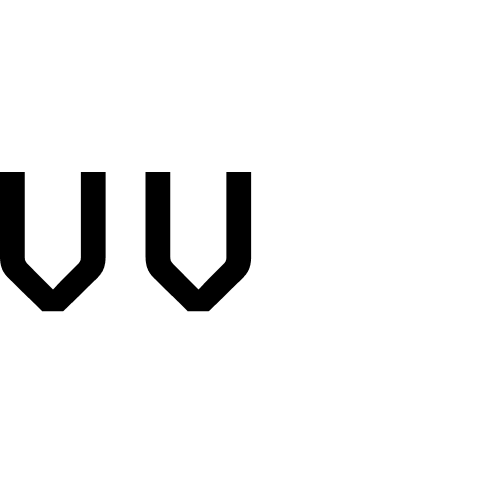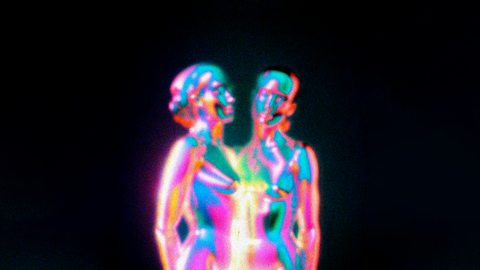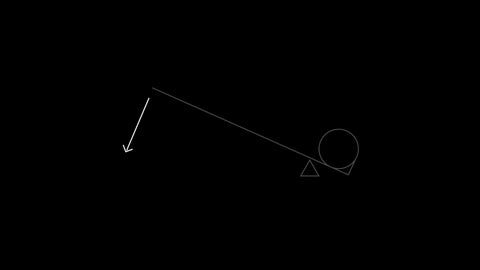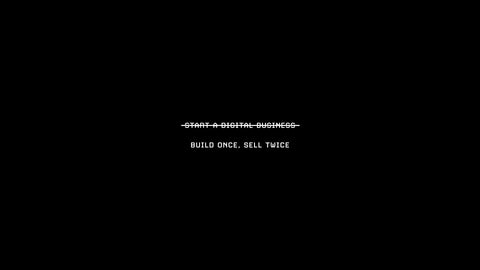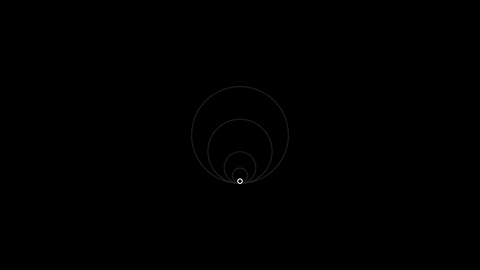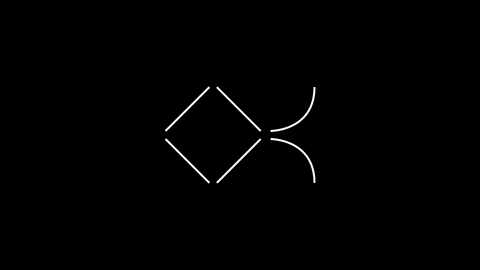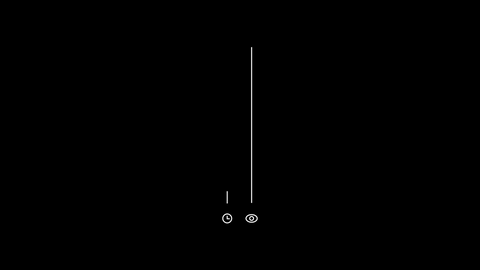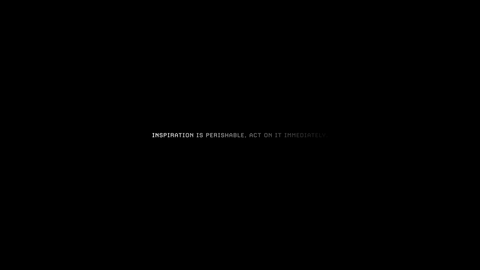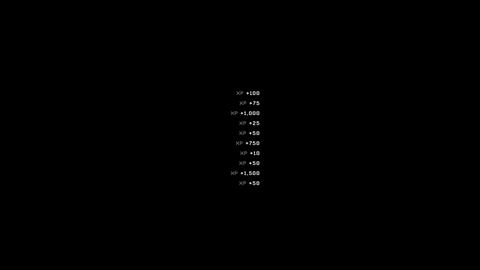The Art of War (Sun Tzu), c. 5th century BC
"Victory comes to those who adapt to change."
Meditations (Marcus Aurelius), c. 170–180 AD
"Mastery of self precedes mastery of fate."
The Republic (Plato), c. 380 BC
"Justice arises when everyone fulfills their role."
Nicomachean Ethics (Aristotle), c. 350 BC
"Virtue is cultivated through deliberate action."
The Prince (Niccolò Machiavelli), 1532
"Power is secured through calculated pragmatism."
The Wealth of Nations (Adam Smith), 1776
"Individual self-interest drives collective prosperity."
On the Origin of Species (Charles Darwin), 1859
"Survival favors those most adaptable to change."
Thus Spoke Zarathustra (Friedrich Nietzsche), 1883
"Transcendence is achieved by surpassing oneself."
Crime and Punishment (Fyodor Dostoevsky), 1866
"Guilt is inescapable when conscience awakens."
War and Peace (Leo Tolstoy), 1869
"History is the sum of individual choices."
Don Quixote (Miguel de Cervantes), 1605
"Perception molds reality more than truth does."
Les Misérables (Victor Hugo), 1862
"Redemption is found through compassion and sacrifice."
Frankenstein (Mary Shelley), 1818
"Unrestrained ambition breeds unforeseen consequences."
The Odyssey (Homer), c. 8th century BC
"Perseverance transforms trials into triumphs."
The Divine Comedy (Dante Alighieri), 1320
"Life's journey ascends through understanding and virtue."
Gulliver's Travels (Jonathan Swift), 1726
"Perspective exposes the follies of society."
The Iliad (Homer), c. 8th century BC
"Pride and wrath lead to inevitable downfall."
Confessions (Saint Augustine), c. 400 AD
"Self-examination is the path to truth."
The Communist Manifesto (Karl Marx & Friedrich Engels), 1848
"Class struggle propels societal evolution."
Walden (Henry David Thoreau), 1854
"Simplicity unveils life's fundamental truths."
A Vindication of the Rights of Woman (Mary Wollstonecraft), 1792
"Equality is demanded through reason, not granted by favor."
Self-Reliance (Ralph Waldo Emerson), 1841
"Authenticity arises from individual conviction."
The Souls of Black Folk (W.E.B. Du Bois), 1903
"Double consciousness hinders true self-realization."
Leaves of Grass (Walt Whitman), 1855
"Embracing the self celebrates universal humanity."
Faust (Johann Wolfgang von Goethe), 1808
"Unchecked desire leads to one's undoing."
The Scarlet Letter (Nathaniel Hawthorne), 1850
"Hidden sin erodes the soul more than exposed shame."
Moby-Dick (Herman Melville), 1851
"Obsession consumes more than it fulfills."
Pride and Prejudice (Jane Austen), 1813
"First impressions mislead more than they inform."
Great Expectations (Charles Dickens), 1861
"Aspiration without integrity yields hollow success."
The Count of Monte Cristo (Alexandre Dumas), 1844
"Vengeance enslaves both seeker and sought."
The Picture of Dorian Gray (Oscar Wilde), 1890
"Surface beauty conceals inner decay."
Anna Karenina (Leo Tolstoy), 1877
"Personal happiness conflicts with societal norms."
A Tale of Two Cities (Charles Dickens), 1859
"Sacrifice redeems even the greatest transgressions."
Utopia (Thomas More), 1516
"An ideal society reveals the flaws of reality."
The Canterbury Tales (Geoffrey Chaucer), c. 1400
"Diverse stories reflect the spectrum of humanity."
The Federalist Papers (Alexander Hamilton, James Madison, John Jay), 1788
"A strong union secures liberty and prosperity."
Common Sense (Thomas Paine), 1776
"Self-governance is the right of the people."
The Social Contract (Jean-Jacques Rousseau), 1762
"Legitimate authority arises from collective agreement."
Leviathan (Thomas Hobbes), 1651
"Order requires a sovereign power to prevent chaos."
Paradise Lost (John Milton), 1667
"Defiance leads to downfall, obedience to harmony."
The Analects (Confucius), c. 5th century BC
"Moral virtue is the foundation of a harmonious society."
Tao Te Ching (Laozi), c. 6th century BC
"True strength lies in yielding."
The Bhagavad Gita (Attributed to Vyasa), c. 2nd century BC
"Duty performed without attachment brings liberation."
The Kama Sutra (Vatsyayana), c. 3rd century AD
"Understanding desire enriches life's experience."
The Epic of Gilgamesh (Anonymous), c. 2100 BC
"Acceptance of mortality imparts life's meaning."
Metamorphoses (Ovid), 8 AD
"Change is the only constant in existence."
The Aeneid (Virgil), 19 BC
"Duty to destiny outweighs personal desire."
Inferno (Dante Alighieri), 1320
"Consequences mirror the nature of one's sins."
The Book of Five Rings (Miyamoto Musashi), 1645
"Mastery is achieved through discipline and strategy."
The Enchiridion (Epictetus), c. 125 AD
"Control lies only within one's own mind."
Democracy in America (Alexis de Tocqueville), 1835
"Equality shapes democracy's strengths and weaknesses."
Beyond Good and Evil (Friedrich Nietzsche), 1886
"Conventional morality restricts the will to power."
The Maxims (François de La Rochefoucauld), 1665
"Self-interest underlies human actions."
The Protestant Ethic and the Spirit of Capitalism (Max Weber), 1905
"Religious values influence economic behavior."
The Scarlet Pimpernel (Baroness Orczy), 1905
"Identity is concealed to serve a higher purpose."
The Last of the Mohicans (James Fenimore Cooper), 1826
"Cultural clashes lead to inevitable loss."
Robinson Crusoe (Daniel Defoe), 1719
"Isolation tests and proves self-reliance."
Treasure Island (Robert Louis Stevenson), 1883
"Adventure exposes the duality of human nature."
Wuthering Heights (Emily Brontë), 1847
"Passionate obsession defies reason and consequence."
Jane Eyre (Charlotte Brontë), 1847
"Integrity upholds the self against adversity."
Strange Case of Dr Jekyll and Mr Hyde (Robert Louis Stevenson), 1886
"Duality resides within every human psyche."
The Hunchback of Notre-Dame (Victor Hugo), 1831
"True beauty is hidden beneath external appearances."
A Christmas Carol (Charles Dickens), 1843
"Redemption is possible at any stage of life."
Beowulf (Anonymous), c. 8th century AD
"Heroism is defined by courage against evil."
The Sorrows of Young Werther (Johann Wolfgang von Goethe), 1774
"Unchecked emotion leads to self-destruction."
The Brothers Karamazov (Fyodor Dostoevsky), 1880
"Faith and doubt coexist in the human spirit."
Adventures of Huckleberry Finn (Mark Twain), 1884
"Conscience supersedes societal norms."
The Jungle Book (Rudyard Kipling), 1894
"Survival hinges on understanding the laws of nature."
The Call of the Wild (Jack London), 1903
"Primitive instincts resurface in adversity."
Around the World in Eighty Days (Jules Verne), 1872
"Determination conquers all obstacles."
The Innocence of Father Brown (G.K. Chesterton), 1911
"Wisdom sees truth beyond appearances."
Heart of Darkness (Joseph Conrad), 1899
"Civilization's veneer masks inherent savagery."
The Yellow Wallpaper (Charlotte Perkins Gilman), 1892
"Oppression deteriorates the mind."
Sister Carrie (Theodore Dreiser), 1900
"Desire drives ambition beyond moral bounds."
The Age of Innocence (Edith Wharton), 1920
"Societal expectations suppress true happiness."
Dracula (Bram Stoker), 1897
"Evil persists by exploiting the unsuspecting."
The Metamorphosis (Franz Kafka), 1915
"Alienation transforms identity."
The Trial (Franz Kafka), 1925
"Bureaucracy ensnares without reason."
The Awakening (Kate Chopin), 1899
"Self-discovery conflicts with societal roles."
A Doll's House (Henrik Ibsen), 1879
"Individual freedom demands breaking societal constraints."
Tess of the d'Urbervilles (Thomas Hardy), 1891
"Fate and society conspire against innocence."
The Jungle (Upton Sinclair), 1906
"Exploitation thrives where justice is absent."
Madame Bovary (Gustave Flaubert), 1856
"Romantic idealism leads to ruin."
The Importance of Being Earnest (Oscar Wilde), 1895
"Triviality exposes the absurdity of social conventions."
The Science of Logic (Georg Wilhelm Friedrich Hegel), 1816
"Reality unfolds through dialectical progression."
Utilitarianism (John Stuart Mill), 1863
"The greatest happiness guides moral action."
Critique of Pure Reason (Immanuel Kant), 1781
"Understanding is limited by the structures of the mind."
The War of the Worlds (H.G. Wells), 1898
"Human dominance is fragile against the unknown."
Inferno (Dante Alighieri), 1320
"Consequences mirror the nature of one's sins."
The Call of the Wild (Jack London), 1903
"Primitive instincts resurface in adversity."
The Souls of Black Folk (W.E.B. Du Bois), 1903
"Double consciousness hinders true self-realization."
The Education of Henry Adams (Henry Adams), 1918
"Modernity challenges traditional understanding."
The Interpretation of Dreams (Sigmund Freud), 1899
"Hidden desires surface through symbolism."
The Time Machine (H.G. Wells), 1895
"Unchecked progress may regress civilization."
Heart of Darkness (Joseph Conrad), 1899
"Civilization's veneer masks inherent savagery."
Beowulf (Anonymous), c. 8th century AD
"Heroism is defined by courage against evil."
The War of the Worlds (H.G. Wells), 1898
"Human dominance is fragile against the unknown."
The Call of the Wild (Jack London), 1903
"Primitive instincts resurface in adversity."
The Awakening (Kate Chopin), 1899
"Self-discovery conflicts with societal roles."
A Doll's House (Henrik Ibsen), 1879
"Individual freedom demands breaking societal constraints."
Madame Bovary (Gustave Flaubert), 1856
"Romantic idealism leads to ruin."
The Jungle (Upton Sinclair), 1906
"Exploitation thrives where justice is absent."
The Souls of Black Folk (W.E.B. Du Bois), 1903
"Double consciousness hinders true self-realization."
The Education of Henry Adams (Henry Adams), 1918
"Modernity challenges traditional understanding."
Critique of Pure Reason (Immanuel Kant), 1781
"Understanding is limited by the structures of the mind."
Utilitarianism (John Stuart Mill), 1863
"The greatest happiness guides moral action."
The Science of Logic (Georg Wilhelm Friedrich Hegel), 1816
"Reality unfolds through dialectical progression."
